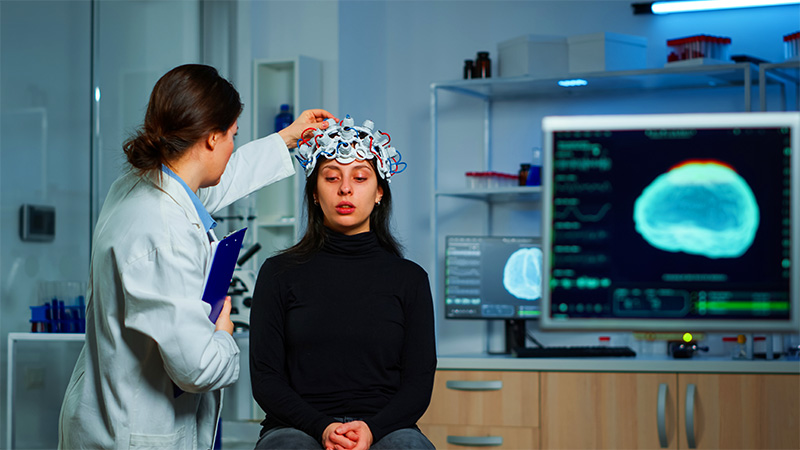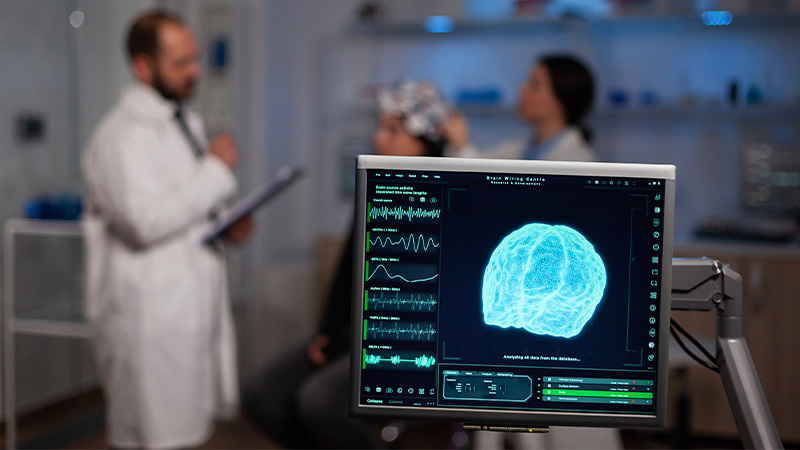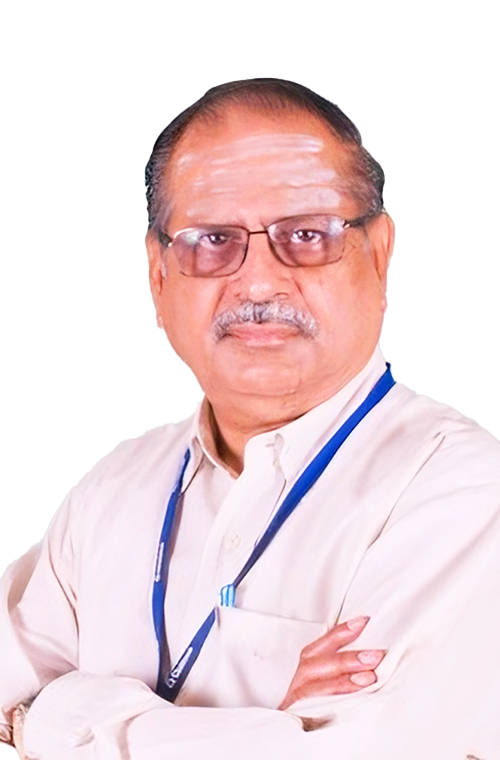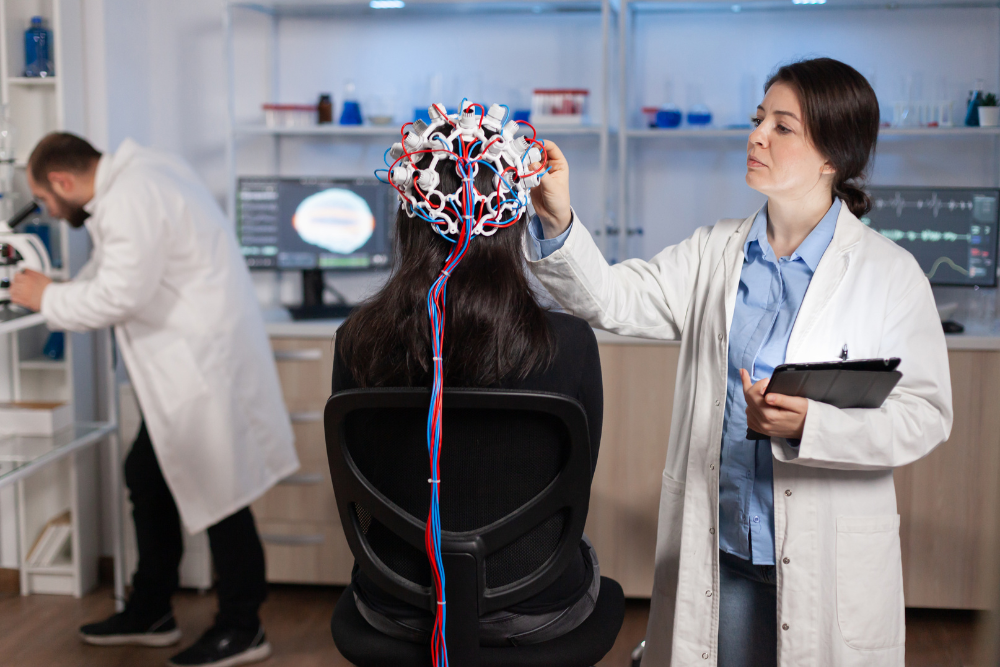Overview
Neurology is a specialized medical field focused on the diagnosis and treatment of conditions that affect the nervous system, including the brain, spinal cord, and peripheral nerves. The nervous system is a complex network that controls and coordinates various bodily functions.
Neurological issues can range from minor, manageable symptoms to complex, life-altering conditions that necessitate medical attention. These conditions may manifest in various ways, impacting different areas of the nervous system and leading to diverse symptoms.
Neurological issues can range from minor, manageable symptoms to complex, life-altering conditions that necessitate medical attention. These conditions may manifest in various ways, impacting different areas of the nervous system and leading to diverse symptoms.
Neurological problems may present as:
- Headaches, Seizures, and Cognitive Changes: Patients may experience persistent headaches, seizures, or cognitive impairments.
- Weakness or Numbness: A loss of strength or sensation in the limbs or other body parts can be indicative of neurological disorders.
- Chronic Pain: Ongoing, unexplained pain in the head, neck, or spine may require evaluation by a neurologist.
- Balance and Coordination Issues: Difficulty with balance, coordination, and motor skills may be signs of neurological concerns.
- Altered Consciousness: Sudden changes in consciousness or unexplained memory lapses warrant prompt medical assessment.
The extent and duration of neurological issues can vary and are often influenced by factors such as the underlying condition, genetics, or environmental factors. If neurological issues significantly impact your quality of life, seeking medical attention at Parvathy Multispeciality Hospital in Chennai, is advisable.
Common Neurological Conditions (Possible Causes)
Neurological symptoms can be attributed to a wide range of underlying factors, including various medical conditions and circumstances. Understanding potential causes and risk factors is crucial for effective diagnosis and treatment. Possible causes of neurological problems include:
- Neurodegenerative Disorders: Conditions like Alzheimer's disease, Parkinson's disease, and multiple sclerosis can lead to neurological symptoms.
- Epilepsy and Seizure Disorders: Certain neurological conditions, like epilepsy, can lead to seizures and may require medical management.
- Head Trauma: Injuries to the head, such as concussions or traumatic brain injuries, can result in neurological issues.
- Stroke and Cerebrovascular Conditions: Blockages or bleeding in the brain's blood vessels can cause neurological symptoms.
- Infections: Infections of the nervous system, such as meningitis or encephalitis, require prompt medical intervention.
- Autoimmune Disorders: Conditions like Guillain-Barré syndrome and myasthenia gravis can affect the nervous system.
Treatment and Care
The management of neurological conditions involves a range of treatment options tailored to the specific condition, its severity, and individual patient needs. Here are some common treatment and care options for various neurological conditions:
- Medications: Neurologists may prescribe medications to manage pain, control seizures, or slow the progression of neurodegenerative disorders.
- Physical and Occupational Therapy: Patients may undergo therapy to regain function, mobility, and independence.
- Lifestyle Modifications: Adopting a healthy lifestyle, including diet and exercise, can promote brain and nerve health.
- Minimally Invasive Procedures: Some neurological conditions can be treated with minimally invasive techniques.
- Neurosurgery: In cases where surgical intervention is required, neurosurgeons collaborate with neurologists to provide comprehensive care.
When to Consult a Doctor ?
It is essential to consult a neurologist at Parvathy Multispeciality Hospital whenever you experience symptoms affecting your nervous system that disrupt your daily life. Consider seeking a consultation if you are experiencing:
- Persistent Neurological Symptoms: Unrelenting symptoms, such as persistent headaches, seizures, or weakness, may require neurological evaluation.
- Loss of Motor Function: If you notice a significant loss of motor function or sensation in your limbs, it is advisable to consult a neurologist.
- Altered Mental State: Sudden changes in consciousness, memory, or cognitive function should not be ignored and require prompt assessment.
- Recurring Seizures: If you have recurrent seizures or uncontrolled epilepsy, consulting a neurologist is crucial for evaluation and treatment.
- Recent Trauma or Injury: After an accident or injury that may affect the nervous system, it is imperative to seek immediate medical care.
Call +91 98412 98412 for medical emergencies or 044 2238 2248 / +91 98848 99091 to book an appointment.















